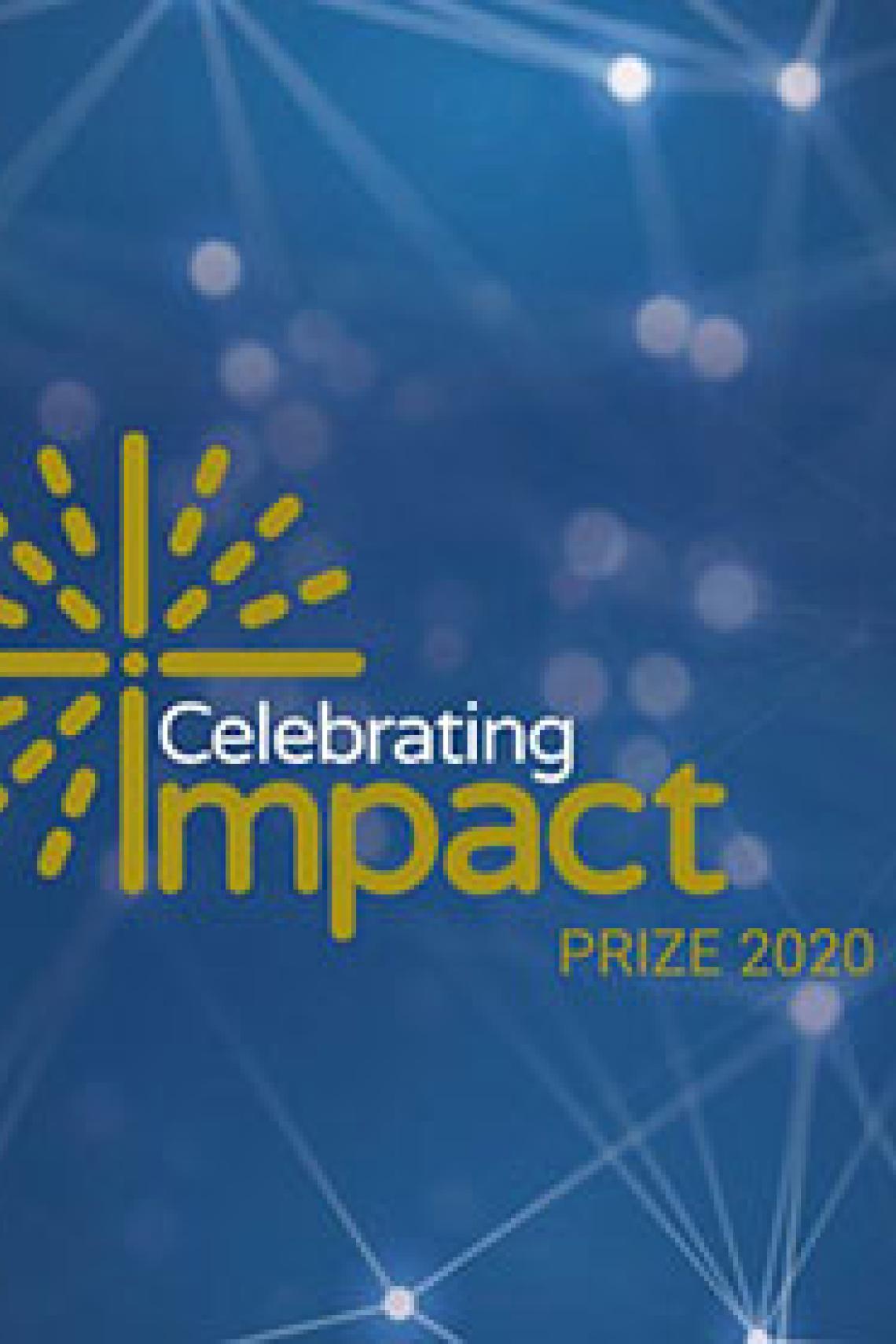Research on refugee-led social protection during COVID wins ESRC Outstanding International Impact award
We are pleased to announce that research on ‘Refugee-Led Social Protection During COVID-19’ by Professor Alexander Betts, Dr Evan Easton-Calabria, and Dr Kate Pincock (now a Research Associate at the Refugee Studies Centre) has won the Outstanding International Impact award in the ESRC Celebrating Impact Awards for 2021.
In 2016, Alexander Betts received a £242,000 Global Challenges Research Fund (GCRF) grant from the ESRC and AHRC to undertake research on refugee-led organisations in Kenya and Uganda. This enabled the creation of an interdisciplinary research team, encompassing anthropology, political science, and history, and to undertake multi-sited fieldwork in refugee camps and cities in the two focus countries. The research was jointly undertaken by Professor Betts, Dr Easton-Calabria, and Dr Pincock, with collaborative input from refugees who worked as key informants, research assistants, and co-authored some of the outputs.
The research focused on refugee camps and cities in Kenya and Uganda, with in Kenya, a focus on the Kakuma refugee camps and Nairobi, and in Uganda, the Nakivale refugee settlement and Kampala. The main research question was: what explains variation in the scale and scope of refugee-led social protection? The research was published as a book, The Global Governed? Refugees as Providers of Protection and Assistance (Cambridge University Press 2020), and through a series of other academic articles and a policy brief. The research team undertook a series of knowledge exchange and impact events. These included a policy brief launch event at YARID in Kampala in 2019, the online RSC seminar series ‘#ByRefugees: Refugee-Led Humanitarian Response During COVID-19’, publishing articles in The Conversation and The New Humanitarian, and a series of dialogues with relevant governments, foundations, international organisations, and NGOs.
Although the research was mainly undertaken prior to the COVID-19 pandemic, it has had its greatest impact during the pandemic. The research has helped to increase recognition and funding for refugee-led assistance activities during COVID-19. At a time when UN agencies and international NGOs were withdrawing from camps and cities – leaving a gap – the research offered policy-relevant insights into how to recognise, capacitate, and finance effective refugee-led organisations. Alongside the work on non-academic organisations, the research contributed to rapid change in global public policy, including the first ever dedicated government fund for RLOs created by the Government of Canada, and the UN Refugee Agency’s decision to create a new partnership status for refugee-led organisations, both in 2021.
The RSC is continuing to work on refugee-led organisations, in collaboration with the Local Engagement with Refugee Research Network (LERRN), with funding from the Open Society Foundations, the Bosch Foundation, and the Global Whole Being Fund (GHBF), focusing on a refugee-led study in Uganda, Kenya, Ethiopia, and Tanzania.

